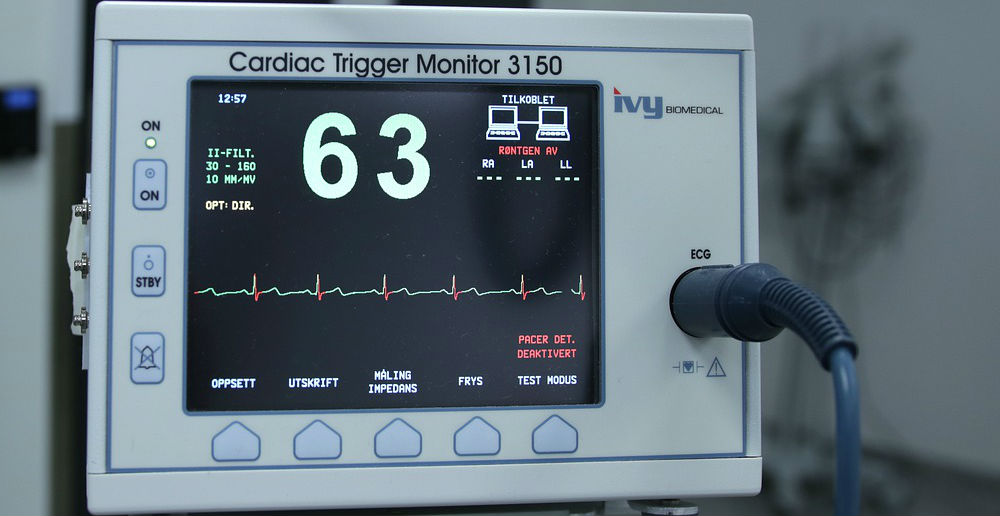
Hospital intensive care units provide the best, most sophisticated care for patients enduring the most serious medical conditions. But a respected medical organization recently issued warnings about dangerous preventable complications certain ICU patients may needlessly suffer.
Hospital ICUs have been in demand most of this year due to the COVID-19 pandemic. Patients suffering the most dire threats from the coronavirus are stretching thin ICU beds and resources in St. Louis, in Missouri, and all across the United States.
But in general, the patients most likely to require ICU care are:
· Patients suffering a stroke
· Patients with serious breathing problems
· Patients with serious surgical complications
· Patients suffering major heart conditions
It’s those patients in the last category who are the subject of a recent address of medical errors made during healthcare.
Medical Errors Involving Patients with Heart Disease
In December, the American Heart Association published in its journal, Circulation, an outline of preventable complications that arise from mistakes made in cardiac intensive care units (CICU). (“Prevention of Complications in the Cardiac Intensive Care Unit”)
The authors note a growing increase in potentially fatal complications unrelated to heart failure cardiac intensive care units patients experience. While focusing on patients with severe heart complications, this scientific statement is based on best-practices that prevent medical mistakes in ICUs across the board.
The first health threat for CICU patients cited in the report is hospital-acquired infections. ICU patients are especially at danger of getting a deadly infection during hospital treatment, and those with serious heart conditions are no different.
ICU Hospital-Acquired Infections
The types of serious health-acquired infections communicable in CICUs cited in the AHA report include:
· Catheter-associated urinary tract infection
· Central line-association bloodstream infection
· Ventilator-associated pneumonia
· Surgical site infections
To help prevent hospital-acquired infections, CICU staff should practice good hand hygiene – frequent and thorough hand washing before and after every patient encounter. Proper care and use of medical devices such as catheters are vital as well to prevent HAIs.
According to the report, medication errors are the single most common mistake made in ICUs in general – up to 78% of all ICU errors. Mistakes made during the administration of drugs and adverse drug events – defined in the report as patient harm resulting from a medication – is more widespread in ICUs than in any other part of the hospital.
Two of the most common types of medications used in cardiac intensive care units are:
· Cardiovascular medications
· Anticoagulants
To reduce harmful drug errors in CICUs, the report recommend the use of computerized physician order entry systems, bar codes on the prescribed medications, and smart, intravenous infusion pumps.
And poor communication can lead to patient harm in cardiac intensive care units. The AHA says that open communication between all healthcare providers involved in a patient’s care, the patients, and their families helps prevent errors. A part of this process should involve regular patient rounds that include doctors of various specialties at the same time.
The sickest patients require ICU care, especially patients suffering heart failure. And it’s precisely for this reason that every known precaution to prevent further complications should be taken. No corners can be cut, no safety protocol ignored in the ICU.
If a loved one died during hospital care and you believe an error in treatment was the cause, speak with a medical malpractice lawyer about conducting a detailed investigation into what happened and why.
The choice of a lawyer is an important decision that should not be based solely on advertisements.
Authored by Gray Ritter Graham, posted in Blog December 4, 2020

 RSS Feed
RSS Feed